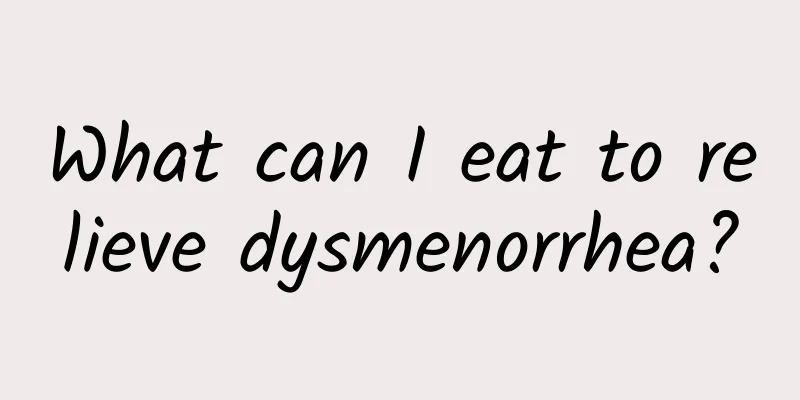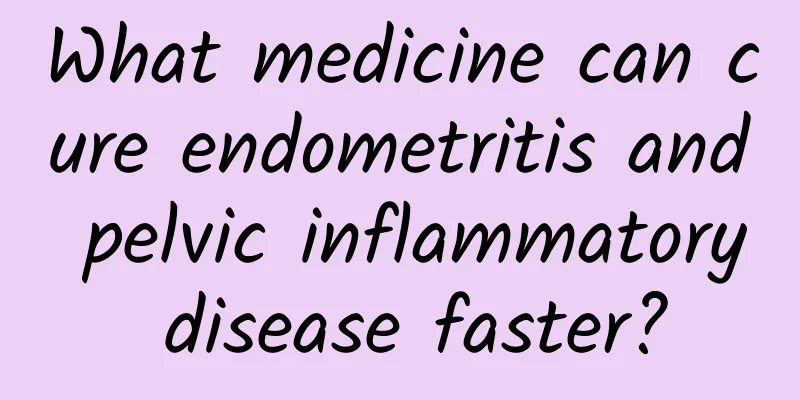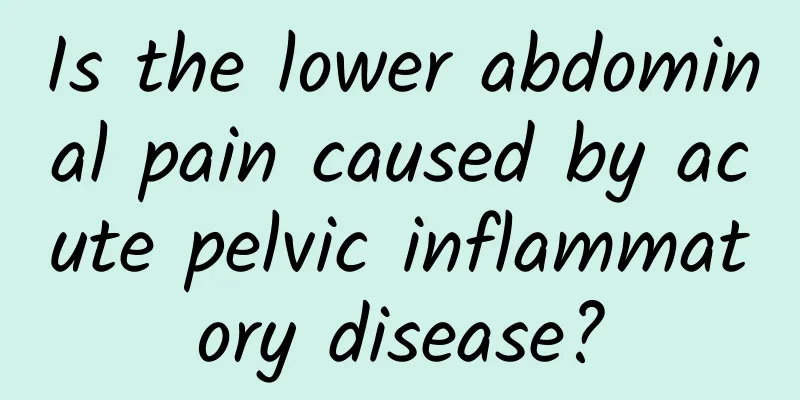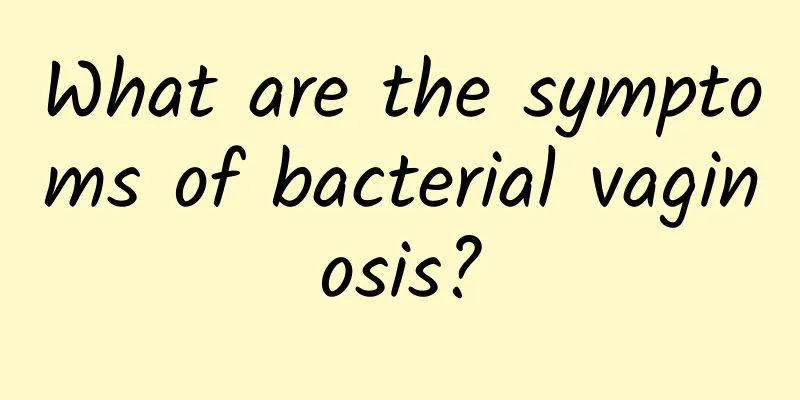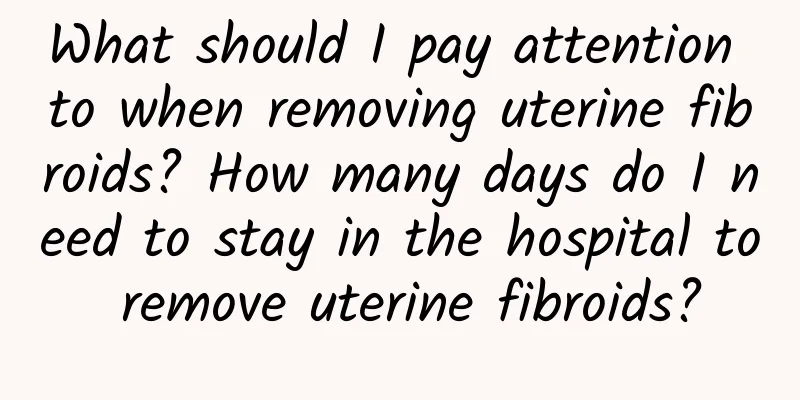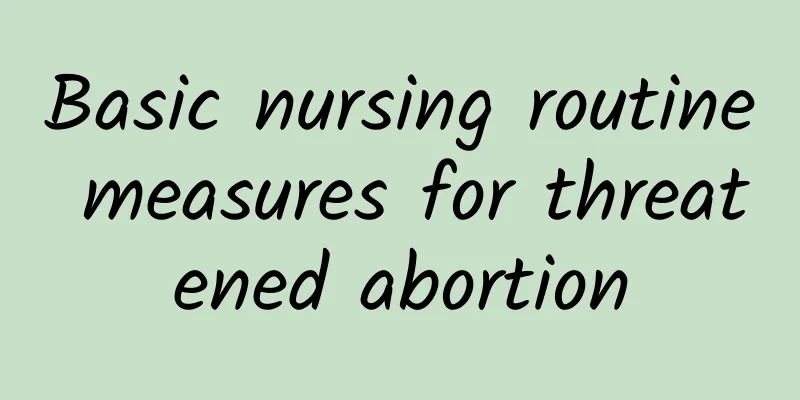How to treat left ovarian cyst
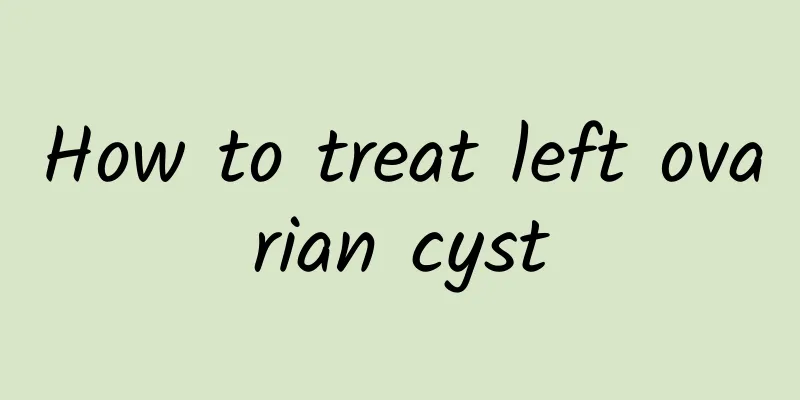
|
The treatment of left ovarian cysts should be based on the type, size and symptoms of the cysts, including drug therapy, surgical treatment or observation and waiting. Drug treatment includes oral contraceptives, gonadotropin-releasing hormone agonists and Chinese medicine conditioning; surgical treatment includes laparoscopic cyst removal, oophorectomy and laparotomy. 1. Drug treatment: For patients with functional cysts or mild symptoms, drug treatment is the first choice. Oral contraceptives can regulate hormone levels and inhibit cyst growth; gonadotropin-releasing hormone agonists can reduce cyst recurrence by inhibiting ovarian function; Chinese medicine conditioning such as Guizhi Fuling Pills and Danggui Shaoyao Powder can promote blood circulation, remove blood stasis, and regulate qi and blood. 2. Surgical treatment: When the cyst is large, the symptoms are obvious or it is suspected to be malignant, surgical treatment should be considered. Laparoscopic cystectomy is less invasive and has a quick recovery, which is suitable for most benign cysts; oophorectomy is suitable for cases where the cyst is large or the patient has no fertility needs; laparotomy is used for cases where the cyst is complex or suspected to be malignant. 3. Watch and wait: For asymptomatic, small cysts, especially physiological cysts, regular checkups can be performed to observe changes. Ultrasound examinations are usually performed every 3-6 months. If the cyst disappears on its own, no special treatment is required. 4. Dietary adjustment: Patients can consume more foods rich in vitamins and fiber, such as fresh vegetables, fruits and whole grains, avoid high-fat, high-sugar diets, and reduce the impact of hormone fluctuations in the body on cysts. 5. Psychological counseling: Ovarian cysts may cause anxiety or stress. It is recommended to relieve emotions through psychological counseling, meditation or moderate exercise. Maintaining a positive attitude will help recovery from the disease. The treatment of left ovarian cysts needs to be combined with individual conditions and appropriate methods should be selected. Regular follow-up and a healthy lifestyle are the key to controlling the disease. |
<<: Is it normal to have menstruation 20 days after abortion?
>>: Is it normal to have bleeding in urine after painless abortion?
Recommend
What are the symptoms of irregular menstruation?
Irregular menstruation refers to a variety of dis...
If you have adnexitis, you will usually have back pain.
Adnexitis usually causes back pain. If you always...
Eliminate annoying edema! 4 ingredients have good effects
By Zhong Bifang There are many foods that have be...
Why do you need to use anal medication after abortion?
Artificial abortion is abortion. After artificial...
What are the common harmful manifestations of cervical erosion
Gynecological diseases are very harmful to the hu...
What are the symptoms of irregular menstruation that often occur in daily life?
Irregular menstruation is becoming more and more ...
What is the cause of vulvar leukoplakia
Clinicians usually refer to vulvar diseases in wh...
Is uterine cyst serious? How to treat it?
The severity of uterine cysts depends on the spec...
Beware of abnormal vaginal discharge in early pregnancy
Abnormal vaginal discharge in early pregnancy may...
Causes of recurrent attacks in patients with Bartholinitis
What is the reason for the recurrence of Bartholi...
Diet therapy for uterine effusion
Most patients with uterine effusion have symptoms...
What are the hazards of pregnancy with uterine fibroids? What are the effects of pregnancy with uterine fibroids on pregnancy
Menstrual changes, if your normal menstrual cycle...
What to do if you have pelvic inflammatory disease and lower abdominal pain? Choose local hot compress
If you have severe lower abdominal pain due to pe...
Symptoms of spontaneous abortion in early pregnancy
Pregnant mothers for the first time should be bot...
What is hyperprolactinemia?
What exactly is hyperprolactinemia? Hyperprolacti...
